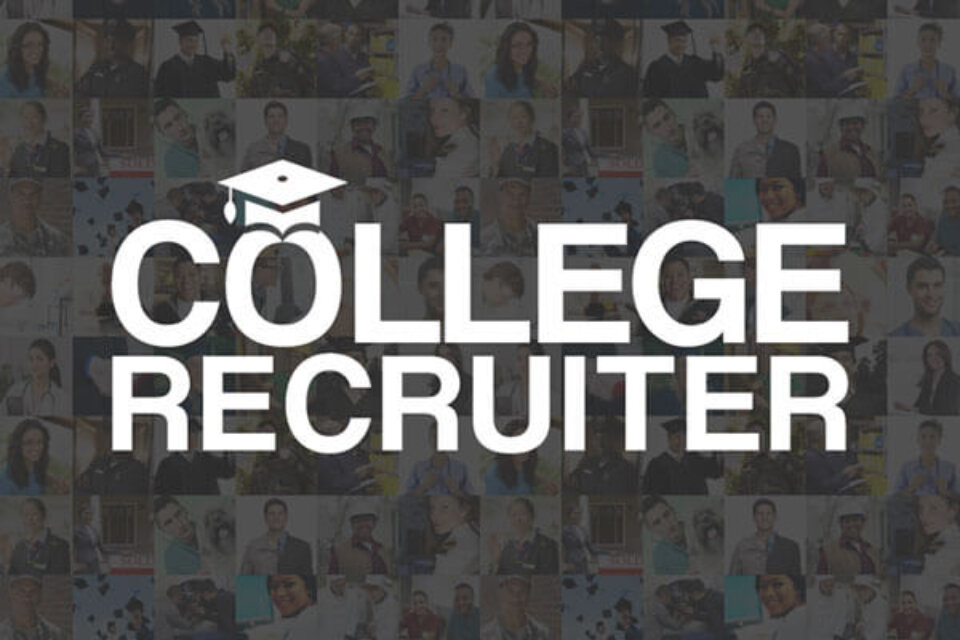
10 tips for college graduates seeking job search success was originally published on College Recruiter.

Monkey Business Images/Shutterstock.com
College seniors and recent college graduates often enter the job market eager and excited about the possibilities of landing that first job. But many quickly find out job search success isn’t immediate and requires a lot of hard work.
But successful job seekers also quickly realize there are resources that can help: mentors, college career services departments, and professional contacts are willing to assist recent college graduates in their quest for job search success.
Below, we organized feedback from a variety of career services professionals and recruiting experts, all who offer job search and career advice for college seniors, recent college grads, and entry-level job seekers striving to achieve job search success. We’d like to offer our own secret: register as a job seeker with College Recruiter. We’ll send you new job leads tailored to your interests and preferences and save you the trouble of searching for them on a regular basis.
1. Write down the best qualities of one job you would do for free
“Think about the one job you would do even if you weren’t being paid for doing it – the job you would do right now simply for the joy it brings you. Write it down. Then write down the qualities of this job. As you interview, be sure to ask questions that address the presence of these qualities. At the offer stage, be sure to assess the offers in terms of the presence or absence of these qualities.”
Steve Levy, Advisor at Day 100
2. Find a mentor
“The best tip that I could give college seniors is to be willing to ask questions. It can be intimidating to have peers with jobs already lined up and seemingly everything figured out. Don’t be afraid to admit what you don’t know about the job search. Ask for help with the process. Find a mentor or several mentors, and use their time wisely. Instead of asking for a simple resume review, bring your resume and 5 job descriptions and ask, “how could I strengthen my application for each of these roles?” or “If you were interviewing for these positions, how would you evaluate candidates?” Once you start asking deep-dive questions about resumes, jobs, and interviews, you will become an active, engaged candidate.”
Mike Caldwell, Director, Business Careers & Employer Development and College of William & Mary
3. Connect with your cover letter
“When writing your cover letter, make sure you’re talking about how well you fit with both the job description AND the company. There will likely be several candidates who have a strong background for the position. Once that has been established, the company will look at who will fit best into the company and its established culture. This is your opportunity to establish that connection early.”
Kelsey Lavigne, Career Services Specialist, University of Arkansas College of Engineering
4. Resume tip: Show don’t tell
“Show me; don’t tell me. I often say that evidence is worth more than a thousand words. When hiring, I am looking for someone who truly ‘walks the talk’—and a great way for candidates to demonstrate or prove their ability, passion, skills, and knowledge is by using a portfolio—which goes well beyond a static resume.”
Heather Hiles, is the CEO and founder of Pathbrite
5. Focus on people first
“When you get into your job — no matter what you’re doing or how much you like it — focus on people first. Get to know your coworkers and get to care about your coworkers. You have no idea what turn your career will take, and in five years this job may be a small blip on your resume. But what makes the job worth the time are the people you meet and the relationships you form.”
Sarah Greesonbach, Principal at B2B Content Studio, @AwYeahSarah
6. Be specific in your first job search
“Be open to other career path opportunities which may come your way, but in your initial search be specific. A narrow focus will keep you from wasting your time (and that of employers, recruiters, and hiring managers) by applying and interviewing for positions which really aren’t a good fit or what you want to be doing. Also, it’s okay to start at the beginning, though the pay and responsibility may be less than what you were hoping. Go in with the understanding and determination that as long as you do more than what you are paid to do, you will eventually end up being paid more for what you do, if not by your present employer, then its competitor.”
David Flake, Human Resources Director at State of Arkansas Department of Parks and Tourism
7. Stay organized
“Start early and stay organized. Keep a log of applications you’ve completed, date, which copy of your resume you sent, and any contact information you have. Use that to follow up on jobs!”
Rebecca Warren, Career & Disability Services Coordinator, University of Arkansas Community College at Batesville
8. Utilize your college career services department
“Make use of the career services office at your college or university. The staff can direct you when it comes to resumes, career fairs, job opportunities, and the appropriate ways to follow up with potential employers.”
Kaitlyn Maloney, Human Resources Coordinator, New England Center for Children
9. Maintain a positive online image
“Make sure you are reflecting your professional self. Search for your name online. See what comes back in the results. Remember you’re selling yourself to potential employers, and you should present your best self. Keep social media pages (Facebook, Twitter, LinkedIn) free from questionable posts and images.”
Erin Vickers, Staffing Consultant, RightSourcing, Inc.
10. Always learn to grow as a professional
“Be gentle with yourself as you navigate the job market. You probably won’t land your dream job the first time around. However, if you understand that this process is a continuation of your learning and growth as both a professional and person you will be just fine.”
Janine Truitt, Chief Innovations Officer, Talent Think Innovations, LLC.
The job search is tough. Seek out help and assistance. Utilize these resources and tips to help succeed in your job search now and throughout your career.
For more job search success stories and tips, visit our blog and connect with us on LinkedIn, Twitter, Facebook, and YouTube.

